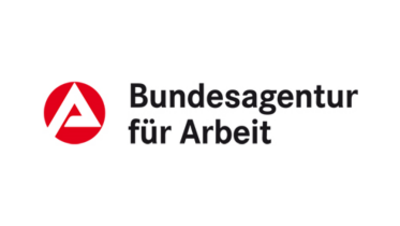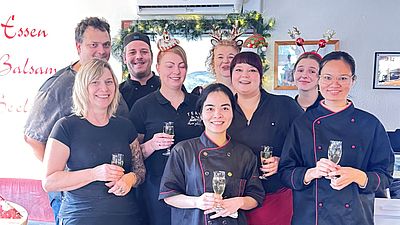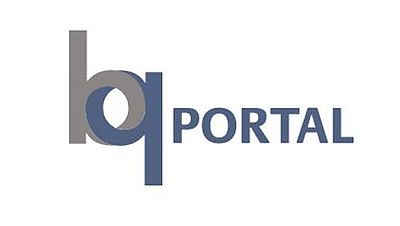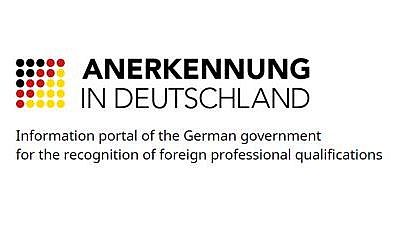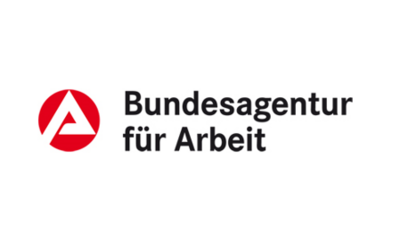
Employment within the framework of a recognition partnership
A recognition partnership opens up new ways of employing skilled workers from third countries, while providing support during the recognition process. Find out what you need to know here.
What is a recognition partnership?
By entering a recognition partnership, skilled workers from third countries have the opportunity to wait until they have entered Germany to have their foreign qualifications recognised, while still being able to take up qualified employment. For this purpose, skilled workers need a residence title under Section 16d (3) of the Residence Act (AufenthG) (External link) , which is initially issued for one year and can then be renewed for one year at a time up to a maximum of three years.
Why a recognition partnership is worthwhile for employers
- You can hire skilled workers with foreign professional qualifications for an initial period of one year without having to provide the necessary proof of recognition of their professional qualifications.
- During their employment in your company, you will learn to assess their skills. This allows you, as an organisation, to identify any training needs of your skilled workforce and tailor your internal professional development portfolio accordingly.
- There is no fixed salary threshold for employment in a recognition partnership. However, the remuneration of skilled workers must be in line with the local market or, in the case of employers bound by a collective agreement, with the applicable collective agreement conditions.
- If you are a recognised care organisation under Section 72 of the Eleventh Book of the Social Code (SGB XI), an ecclesiastical employer or an employer bound by a collective agreement, you can also enter into a recognition partnership for regulated employment. Employees can perform support roles in your organisation throughout the recognition partnership. Once your employee has obtained their licence to practise, they can start working in their target profession.
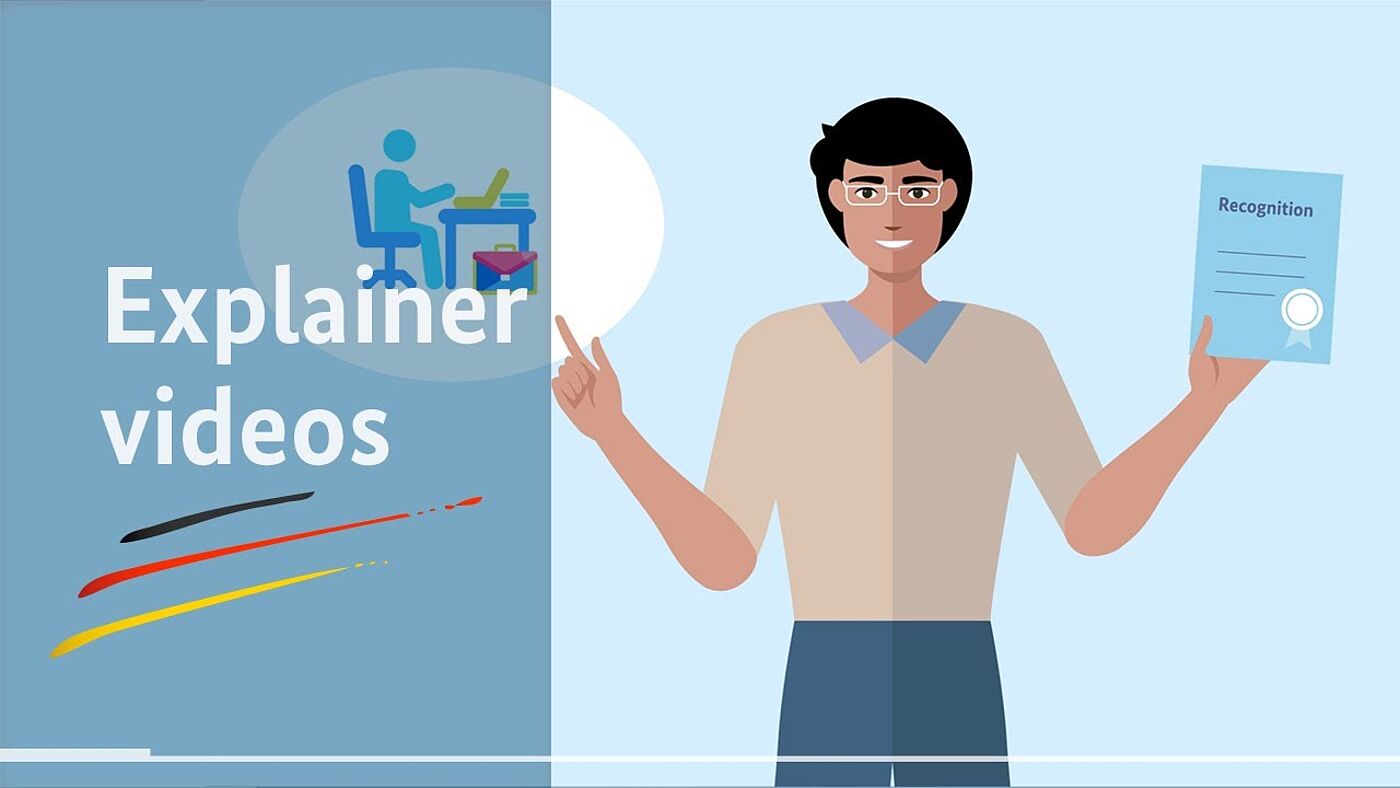
Video: Full recognition with the recognition partnership
How to successfully conclude a recognition partnership
Have you found a skilled worker from a third country and would like to employ them as part of a recognition partnership? As an employer, you should find out about the requirements for obtaining a visa. These are described in the “Visa for employment within a recognition partnership” section.
To streamline the visa application process, you can help your potential skilled worker by taking the following steps:
- Check that your skilled worker has a formal qualification recognised by the government of the country in which they obtained it. This can either be a professional qualification requiring at least two years of training or a higher education degree.
- Check that your skilled worker has the language skills required for the job. For residence purposes, German language skills at level A2 or above of the Common European Framework of Reference for Languages (CEFR) are required for the recognition partnership.
- Sign an employment contract with your skilled worker so that they can start working for your company. The employment contract can be signed subject to a visa being issued.
- Confirm that you have made a concrete job offer by completing the form “Declaration of Employment” and Annex A and forwarding them to your skilled worker. The information on the form is required for the Federal Employment Agency (BA) to approve the employment.
- Establish a written recognition partnership agreement with your skilled worker. This agreement must state that the skilled worker undertakes to apply for the recognition procedure after entering Germany. As an employer, you must also commit to enabling the skilled worker to complete any training requirements identified in the recognition procedure. This includes, for example, giving them time off from work to participate in relevant measures and work placements. This agreement can be part of the employment contract.
- Please note that you can only enter into a recognition partnership if your company can demonstrate that it already has sufficient experience in providing training and skills development.
Fast-track procedure possible as part of a recognition partnership
Usually, the skilled worker submits their visa application to the competent German mission abroad. However, as an employer, you can speed up the visa process for the recognition partnership for a fee of €411 by applying for the fast-track procedure for skilled workers. Click here to find out how.
Partial recognition: what next?
If the recognition procedure identifies training needs, the skilled worker will receive a certificate of partial equivalence of their foreign qualification. In this case, the residence permit for a recognition partnership can be renewed for up to two more years to complete the recognition procedure. During this period, the skilled worker can continue to work and address the identified skills gap. The same applies if a licence to practise is required for employment in the target profession.
In accordance with the recognition partnership agreement, you must give your skilled worker the necessary time off work to participate in compensation measures.
Consider alternative employment in case of partial recognition
If your skilled worker’s foreign professional qualification is not fully recognised, you should check whether they can be employed under the special regulation for professionally experienced workers.
To find out how the recognition procedure works, click here.
The “Anerkennung in Deutschland (External link) ” portal provides information on training opportunities for recognition.
Do you have any questions?
Receive advice on recruiting skilled workers from abroad. Our experts will gladly help you. Get more information on the different ways of contacting us by clicking on one of the symbols.

